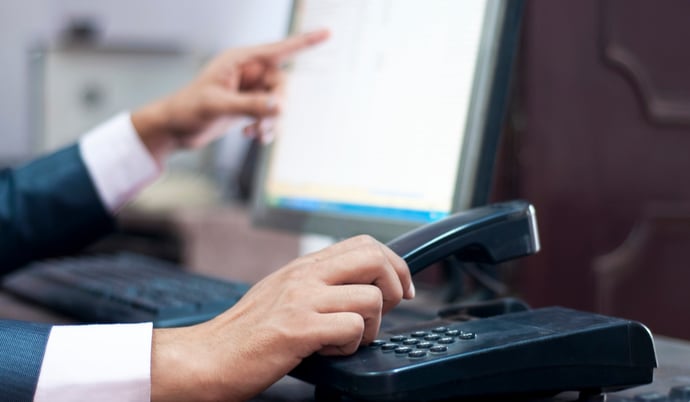
Several new laws covering how 911 calls must be handled and reported will affect your hotel if you are contemplating updating or replacing your phone system. If you keep your old system, you may be in the clear, although some hotel companies are contemplating upgrading anyway - to be safe.
The first new law is “Kari’s Law”, and it requires all phone systems installed on or after February 16, 2020 do the following:
- Do not require a 9 or other access digit or code to be dialed before dialing 911. Just dialing 911 ensures the emergency call goes out
- Notification to a monitoring location that is likely to be staffed. This is typically the front desk in most hotels. This must include:
- The fact that a 911 call was made
- Callback number for the phone making the 911 call
- Information about the location of the caller, provided to the 911 center if feasible.
Does your hotel phone system do all of this? If not, but it was installed before 2020, then you are OK compliance-wise because the law does not apply to phone systems installed before the compliance date.
Up next is the RAY BAUM’S Act (Section 506), which goes into effect on January 6, 2021 for your fixed-line (wired) phones and on January 6, 2022 for you non-fixed (cordless or wireless phones). RAY BAUM’S Act requires that something the FCC calls the “dispatchable location” of the caller be reported to the 911 center (known as the Public Safety Answering Point, or PSAP). Throughout most of the U.S. today, only the hotel’s main phone number is received by the PSAP, which it uses to do a national emergency number database lookup and get the name and address of the business the 911 call came from. RAY BAUM”S Act takes this to another level, one that can’t be met using the existing approach.
The name and address of the hotel is no longer enough. The “dispatchable location” is defined by the FCC to be enough detailed information to allow first responders to find the caller without guidance. So not just the hotel name and address, but the actual location on property, must be sent to the PSAP. In other words, the building number or name, floor, even the room number (or area) will also have to be reported with each call. This greatly complicates the information that your phone system and your 911 service provider must maintain and report with every 911 call. Phone systems manufactured just a few years ago are not likely to be able to do this without modification and/or added outside 911 routing and reporting services.
Again, the new laws apply to phone systems that are installed on or after the date the law goes into effect, so if your property’s phone system works but does not meet the laws, it can stay – it is “grandfathered” in, meaning because it met the current laws when it was installed, unless you upgrade or replace it, there is no legal requirement to meet these newer laws.
For new 911 laws information from the FCC: https://www.fcc.gov/mlts-911-requirements
For a copy of HTNG’s whitepaper, “HOTEL INDUSTRY ADVISORY ON NEW LAWS IMPACTING TELECOMMUNICATION SYSTEMS”: https://www.htng.org/resource/collection/CC1CE2B8-0377-457E-9AB0-27CFDD77E17B/Final_-_HTNG_Hotel_Industry_911_Communications_Advisory.pdf
Frank Melville is CEO of Phonesuite, a leading provider of voice solutions to the hotel industry – over 6,000 hotels in North America use a Phonesuite solution. Mr. Melville focuses on the hotel technology industry, participating in many associations, workgroups, and events centered around improving technology and how it is applied within the hotel industry. Mr. Melville is currently the co-chair of HTNG’s 911 Laws workgroup, which produced the referenced Hotel Industry Advisory whitepaper.


